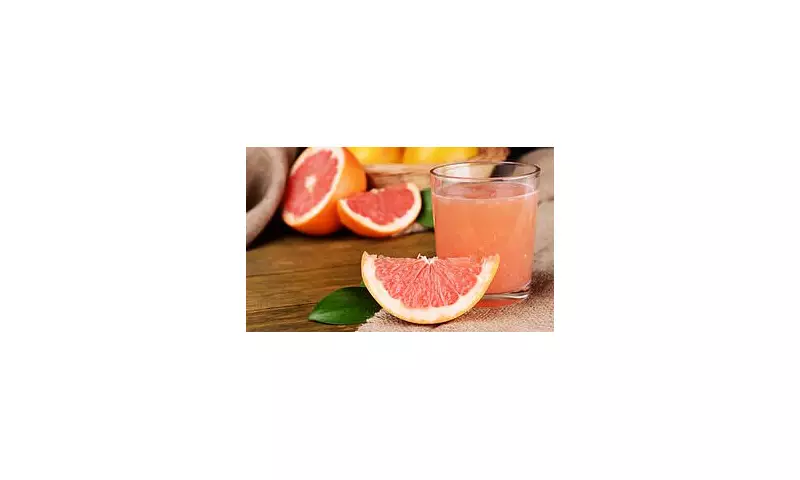
That innocent-looking glass of orange juice might be hiding a bitter truth about your health. According to leading dietitians, many of the fruit juices lining supermarket shelves are packed with enough sugar to rival fizzy drinks, while others offer genuine nutritional benefits.
The Sweet Deception in Your Shopping Basket
While fruit juice contains some vitamins and minerals, the concentrated sugar content can wreak havoc on your blood sugar levels and dental health. "Many people perceive fruit juice as a healthy choice," explains a registered dietitian, "but they're often drinking the equivalent of several pieces of fruit in one sitting, without the beneficial fibre."
Worst Offenders: The Sugar-Laden Juices to Avoid
Grape juice tops the list of juices to consume sparingly, containing approximately 36g of sugar per 350ml serving – nearly matching the sugar content of some carbonated soft drinks.
Pomegranate juice, while rich in antioxidants, packs a sugary punch that might surprise health-conscious consumers.
Cranberry juice cocktails often contain added sugars beyond the natural tartness of the berries, transforming a potentially healthy drink into a sweet treat.
Healthier Alternatives for Your Fridge
Tomato juice emerges as an unexpected champion, offering valuable nutrients like lycopene with significantly lower sugar content than fruit-based alternatives.
Prune juice provides digestive benefits and contains natural sorbitol, though portion control remains important due to its concentrated nature.
The Golden Rules for Juice Consumption
- Stick to small portions – no more than 150ml per day
- Choose 100% fruit juice without added sugars or sweeteners
- Consider diluting with water or sparkling water
- Opt for whole fruit whenever possible to benefit from natural fibre
- Drink with meals to minimise impact on blood sugar levels
What the Experts Really Recommend
Nutrition professionals emphasise that while occasional fruit juice consumption fits within a balanced diet, water should remain your primary hydration source. "View fruit juice as an occasional treat rather than a daily health drink," advises one dietitian. "The concentration of sugar and calories can quickly add up, potentially contributing to weight gain and other health issues over time."
For those seeking flavour without the sugar spike, infused waters with slices of citrus, berries, or cucumber provide refreshing alternatives that keep hydration – and health – priorities.





